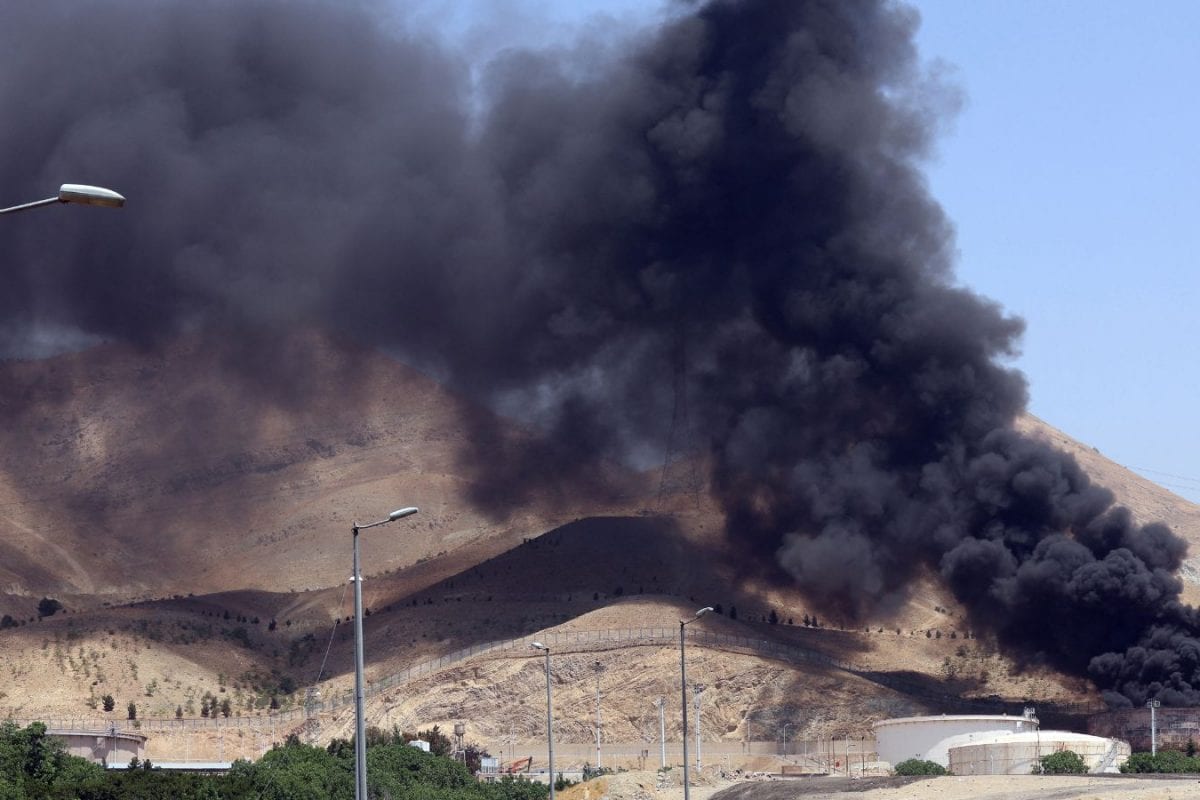

Amidst escalating tensions in West Asia, particularly between Iran and Israel, India has commenced the relocation and potential evacuation of its citizens, primarily students, from Iran. The Ministry of External Affairs (MEA) has confirmed that Indian nationals, including a significant number of students, are being moved to safer locations within Iran under the supervision of the Indian Embassy in Tehran. Simultaneously, the government is exploring viable evacuation routes, with Armenia emerging as a potential transit point for ensuring the safe passage of its citizens.
External Affairs Minister Dr. S. Jaishankar has engaged in discussions with his Armenian counterpart, Ararat Mirzoyan, to coordinate logistical and diplomatic efforts for the possible evacuation. The Indian Embassy in Tehran has issued advisories urging Indian nationals and individuals of Indian origin to remain indoors, avoid non-essential travel, and stay informed through official channels. These measures follow a prior advisory that cautioned citizens to "exercise due caution" and maintain close contact with the embassy staff.
The urgency of the situation arose after Iran temporarily closed its airspace due to intense exchanges of fire with Israel, which complicated internal movement and raised concerns about the safety of foreigners residing in Iran. According to government data from 2022, approximately 10,000 Indian nationals reside in Iran, including over 2,000 students.
In response to the crisis, India has reiterated its call for restraint and de-escalation, urging both Iran and Israel to avoid further conflict and utilize existing channels of dialogue and diplomacy. Foreign Ministry spokesperson Randhir Jaiswal emphasized India's readiness to "extend all possible support" to ensure peace and the safety of its citizens caught in the crossfire.
The evacuation efforts also involve close coordination with local community leaders to ensure the welfare and safety of Indian nationals. The Indian Embassy in Tehran is actively monitoring the security situation and engaging with Indian students to address their concerns and provide necessary assistance.
Amidst these efforts, some challenges have emerged. For instance, a bus dispatched to evacuate approximately 120 Indian medical students from Urmia University faced delays due to bureaucratic hurdles, requiring clearance from Iran's foreign ministry before the students could leave the campus.
The situation has prompted appeals from various quarters, including the Jammu and Kashmir Students Association, urging Prime Minister Modi for the emergency evacuation of stranded Kashmiri students. Parents of Kashmiri students have also expressed concerns and requested the Indian government to explore all possible evacuation methods, including utilizing Iran's border countries such as Syria, Azerbaijan, and Libya.
The Indian government's response includes the provision of a special Google Form for Indian citizens in Iran to register themselves and the creation of a Telegram channel to disseminate verified updates directly from the Indian mission. The embassy has also stressed the importance of remaining calm, cautious, and connected through official channels.
As the conflict between Iran and Israel continues to unfold, India's priority remains the safe return of its citizens. The government is closely monitoring the situation, coordinating with relevant authorities, and exploring all feasible options to ensure the well-being of Indian nationals in Iran.